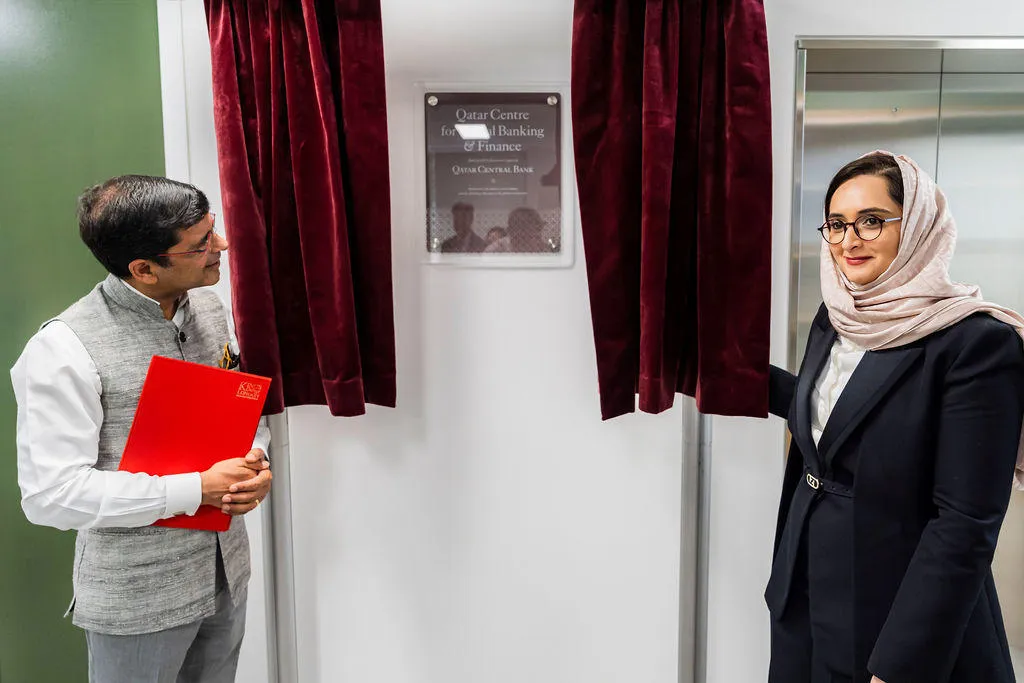The Assistant Governor of Financial Stability for Qatar's central bank, Maha Sultan Al Sowaidi, has said that greater diversity of thinking will help central banks to identify and tackle emerging challenges. She made her comments as the keynote address at the annual conference of King's Business School's Qatar Centre for Global Banking and Finance.

While noting that inflation had slowed since the spring, she pointed out that the IMF's medium-term growth forecast was still the weakest it had been since 2008 and that central banks also faced unfamiliar challenges in the shape of structural forces that will impact our economies, prosperity and resilience in the years to come.
A shift in the ecological balance, the aging of societies, (which many countries are not prepared for) and the gradual transition toward geoeconomic fragmentation are going to have wide, deep, and varied impacts across the globe. Other major challenges will be the quantum of the technological revolution, as well as how to navigate interest rates, global debt, trade, and investments in light of the new normality of global disruption.
Maha Sultan Al Sowaidi, Assistant Governor of Financial Stability, Qatar Central Bank
She warned that the recent inflation crisis had taught the importance of being predictive and proactive and that in order to do so, central banks must broaden the tools and information they use to identify and manage risks:
Monitoring and regulating the financial sector ecosystem effectively require strengthening the financial system's neuroplasticity, by defining new critical transmitters; AI, digitalization, Central Bank Digital Currencies, data mining, cybersecurity, digital financial inclusion and ESG.
Maha Sultan Al Sowaidi, Assistant Governor of Financial Stability, Qatar Central Bank
She concluded on an optimistic note and observed that in common with Qatar, many central banks around the world are developing strategies around Fintech, digitisation, and climate change. 'Better education leads to better technology and innovation,' she said. 'We should always be optimistic about the future and have the courage to envision it.'
After her speech, Maha Sultan Al Sowaidi joined Professor Shitij Kapur, the Vice-Chancellor & President of King's College London to unveil a plaque at the Qatar Centre for Global Banking and Finance's offices in King's Business School.

The plaque commemorates the generous gift from the central bank that enabled the establishment of the Qatar Centre for Global Banking and Finance. The Centre works to equip current and future international banking and finance leaders with research and research-led teaching of the highest quality, to support them in their response to global financial and economic challenges.






